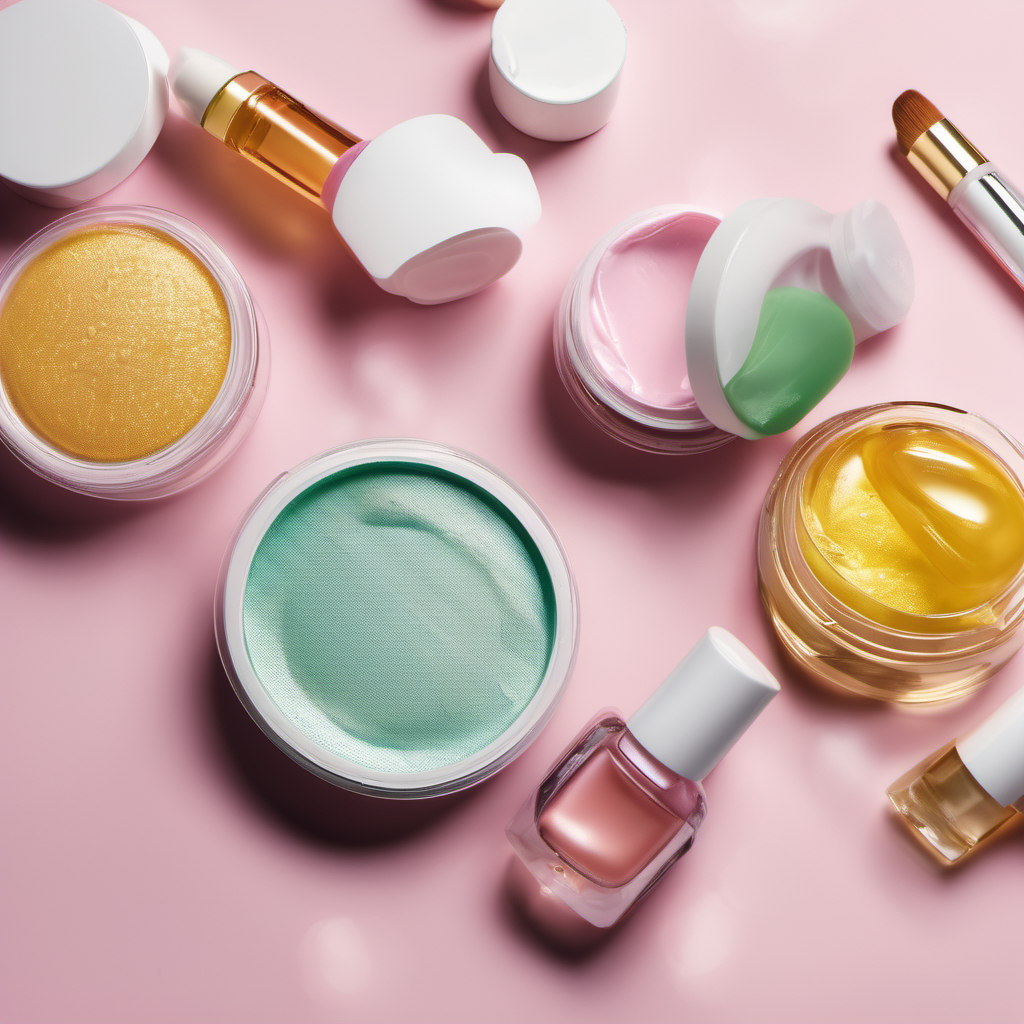Are Parabens: Debunking the Myths and Unraveling the Truth

INTRODUCTION
WELCOME TO RUNZOER INDIA , where we delve into the world of cosmetics and debunk popular myths surrounding one particular ingredient – parabens. Over the years, there has been much speculation and concern about the safety of parabens in our everyday products, ranging from shampoos to lotions. In this article, we will explore the truth behind the myths surrounding parabens, shedding light on their actual impact on our health and the environment. So, grab a cup of tea and join us as we unravel the truth about parabens, offering you insights and knowledge to make informed decisions about the products you use.
Why "Paraben-free" is an Important Trend in the Cosmetic Industry
The term “paraben-free” has become increasingly popular, leading many to wonder if it’s just a passing trend or if there’s a solid reason behind it. If parabens are considered harmful, why are they still widely used in cosmetic products? Let’s delve into the details.
Understanding Parabens
Parabens, short for p-hydroxybenzoic acid esters, are preservatives added to cosmetics to prevent spoilage. Much like food products, cosmetics are susceptible to spoilage, making the addition of parabens necessary to inhibit the growth of harmful bacteria, extend product shelf life, and maintain freshness and sterility. Commonly used parabens include methylparaben, propylparaben, butylparaben, and ethylparaben, present in a wide range of products such as shampoos, shower gels, face creams, lotions, serums, and skincare items.
The Negative Reputation of Parabens
There has been a considerable shift in the perception of parabens, with exaggerated claims about immediate harmful effects. While parabens have been in use for decades, concerns arose when they were found to mimic estrogen, a hormone in the human body. Although there is no conclusive evidence linking parabens to cancer, long-term exposure to these substances can disrupt natural hormonal processes, potentially causing adverse effects.
The Adverse Effects of Parabens
While regulatory bodies like the US Food and Drug Administration (FDA) and the Cosmetic Ingredient Review (CIR) have not banned parabens due to their low concentrations in cosmetics, excessive and regular use can lead to various long-term health issues. These may include changes in hormone and thyroid function, compromised immune function, skin sensitivities, and an increased risk of cancer. Additionally, the widespread presence of parabens in the environment poses risks to both human health and ecosystems.
Considering Alternatives
While there’s no need to discard all paraben-containing products immediately, consumers are encouraged to opt for paraben-free alternatives whenever possible. Natural preservatives, such as those derived from castor oil, can effectively maintain the quality and safety of cosmetic products without the potential risks associated with parabens.
In conclusion
Debunking the myths surrounding parabens is essential to understanding their actual impact on our health and the environment. While concerns about their safety have led to the popularity of “paraben-free” products, it is crucial to differentiate between exaggerated claims and evidence-based research. While regulatory bodies have not banned parabens, long-term exposure to these preservatives can disrupt hormonal processes and pose potential health risks. Considering alternatives, such as natural preservatives derived from castor oil, can provide safer options without compromising product quality. As consumers become more conscious of the effects of heavy chemicals, the demand for trusted manufacturers offering 100% natural and pure organic castor oil, like RUNZOER INDIA, continues to rise. By making informed decisions about the products we use, we can prioritize our health and contribute to a more sustainable future.
